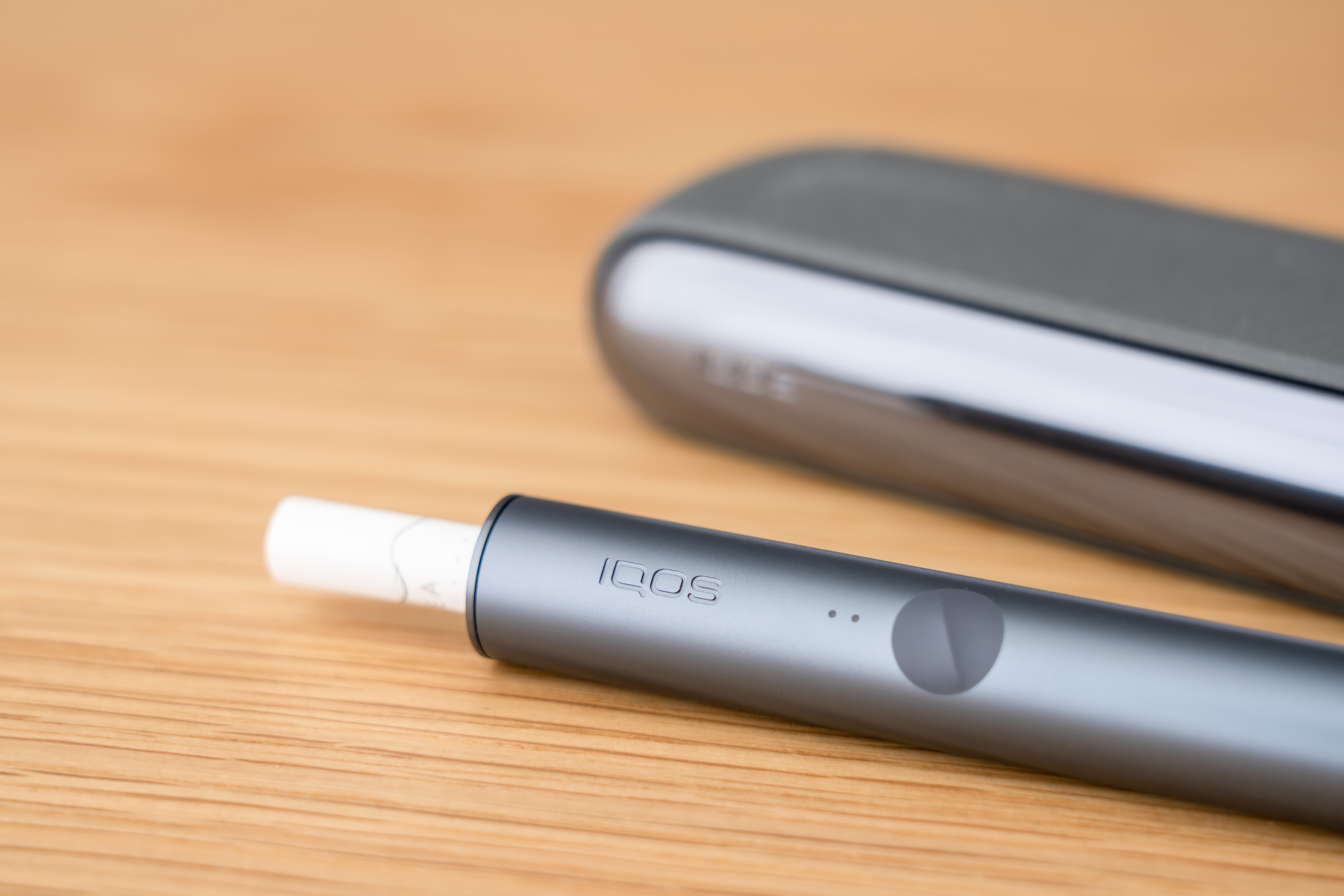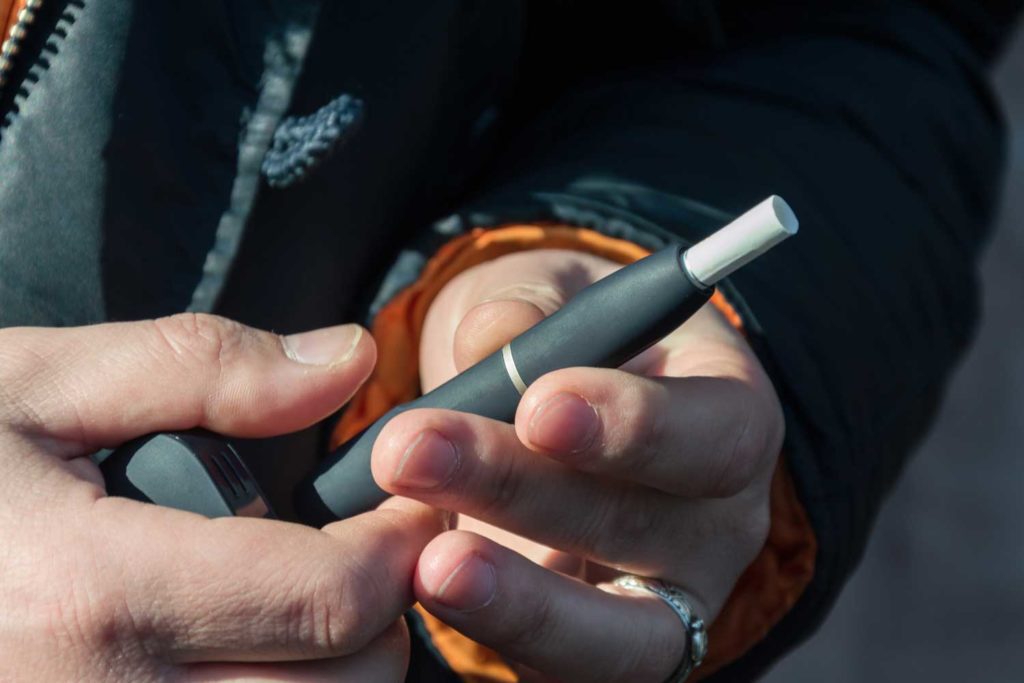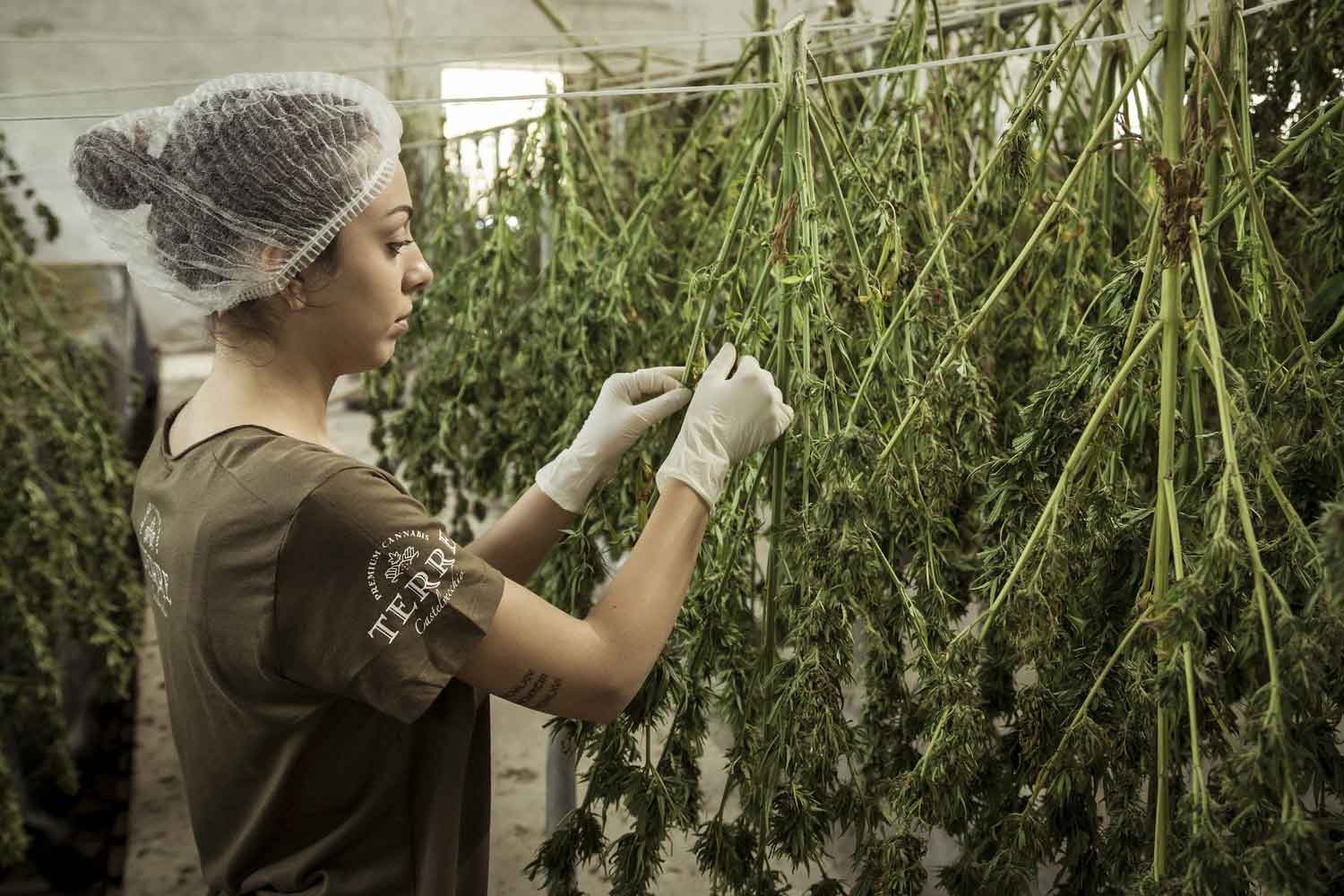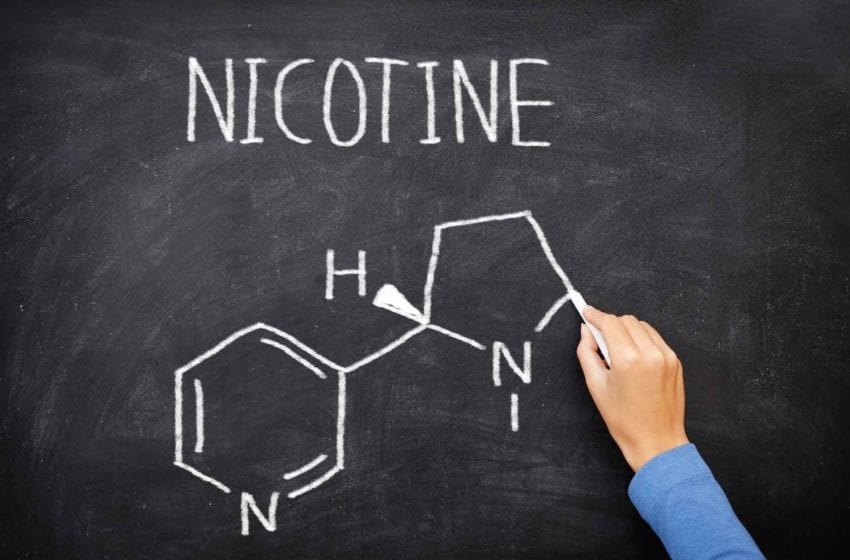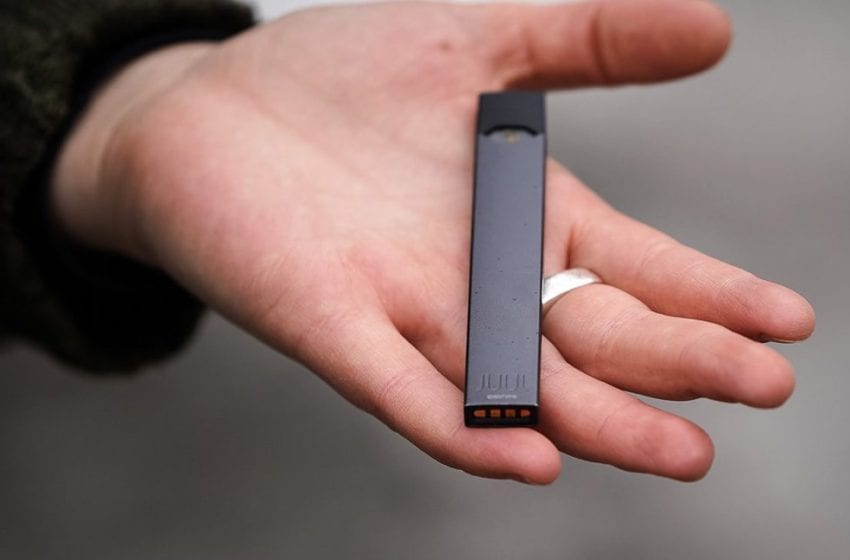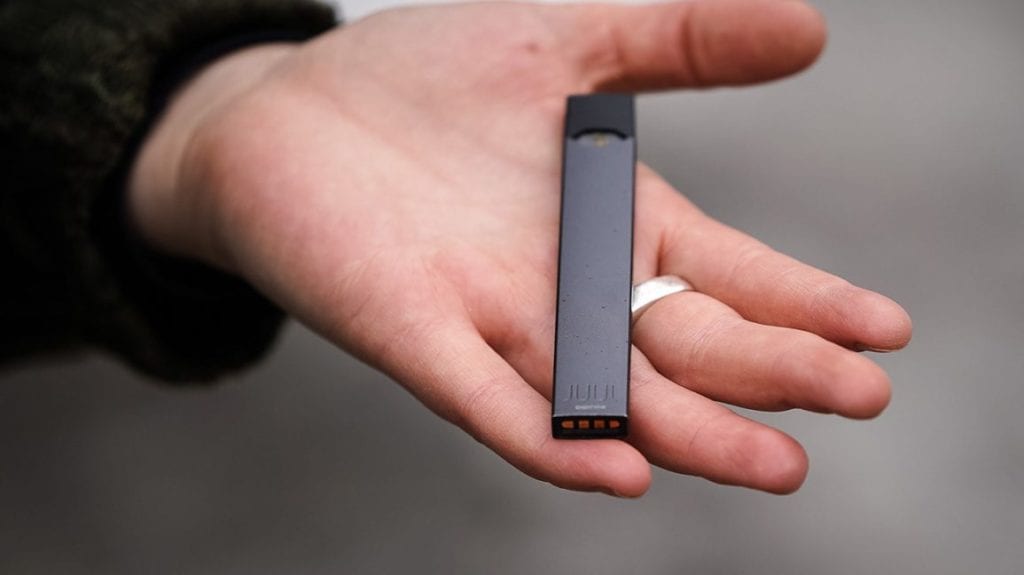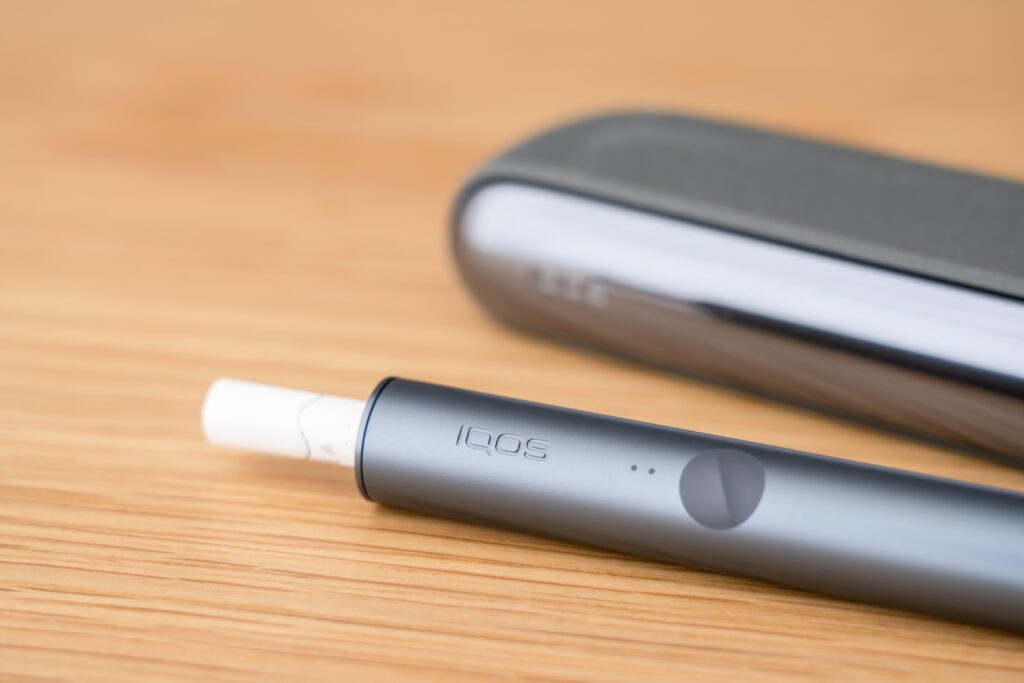
Philip Morris International will pay Altria Group approximately $2.7 billion for the exclusive U.S. commercialization rights to the IQOS tobacco heating system effective April 20, 2024.
“We remain committed to creating long-term value through our Vision,” said Altria CEO Billy Gifford in a statement. “We believe that this agreement provides us with fair compensation and greater flexibility to allocate resources toward ‘moving beyond smoking.’”
In 2013, Altria entered into a series of agreements with PMI related to innovative tobacco products, which included exclusive U.S. commercialization rights of Altria subsidiary Philip Morris USA to the IQOS system. PM USA’s commercialization rights were subject to an initial five-year term, which began when the system received authorization from the U.S. Food and Drug Administration in April 2019 and continued through April 2024.
As part of the 2013 agreement, PM USA had the right to maintain exclusive U.S. commercialization rights upon achieving an initial milestone by April 2022. Upon achieving additional milestones, PM USA had the option to renew for an additional five-year term through April 2029.
While Altria believed it has achieved the required milestones, PMI disagreed. The parties were unable to reach a long-term agreement and decided to enter into the agreement to transition and ultimately conclude their relationship.
Altria received a $1 billion from PMI upon entry into the agreement. Under the terms of the deal, PMI is obligated to make an additional payment of $1.7 billion (plus interest) by July 2023 for a total cash payment of approximately $2.7 billion (pre-tax). Altria expects to use the cash proceeds for several items, which may include investments in pursuit of its vision, debt repayment, share repurchases and general corporate purposes. Share repurchases, Altria said, depend on marketplace conditions and other factors and remain subject to the discretion of its board of directors.
Altria expects to record the $2.7 billion pre-tax transaction amount as a deferred gain on its consolidated balance sheet in the fourth quarter of 2022. This gain will be recognized in earnings when the company assigns its rights to the IQOS system.
IQOS and Marlboro HeatSticks are currently unavailable for sale in the U.S. due to orders imposed by the U.S. International Trade Commission that prohibit importation of IQOS and Marlboro HeatSticks into the U.S. relating to a patent dispute. PMI remains responsible for manufacturing the IQOS system and Marlboro HeatSticks and targets resumption of product supply in the first half of 2023.
If supply of FDA-authorized product is available to Altria before May 2024, PM USA has the option to reintroduce the IQOS system and Marlboro HeatSticks for sale in the U.S. On April 30, 2024, U.S. commercialization rights to the IQOS system will transition to PMI. PMI will not have access to the Marlboro brand name or other brand assets, as PM USA owns the Marlboro trademark in the U.S.
In a press note announcing the IQOS transition, Altria said it remains committed to its vision to responsibly lead the transition of adult smokers to a smoke-free future. “We believe in a portfolio approach to tobacco harm reduction and expect to compete in the major smoke-free categories. We have reinvested into our internal product development system and we expect to finalize designs for two smoke-free products, including a heated tobacco product, by the end of 2022,” the company wrote.

